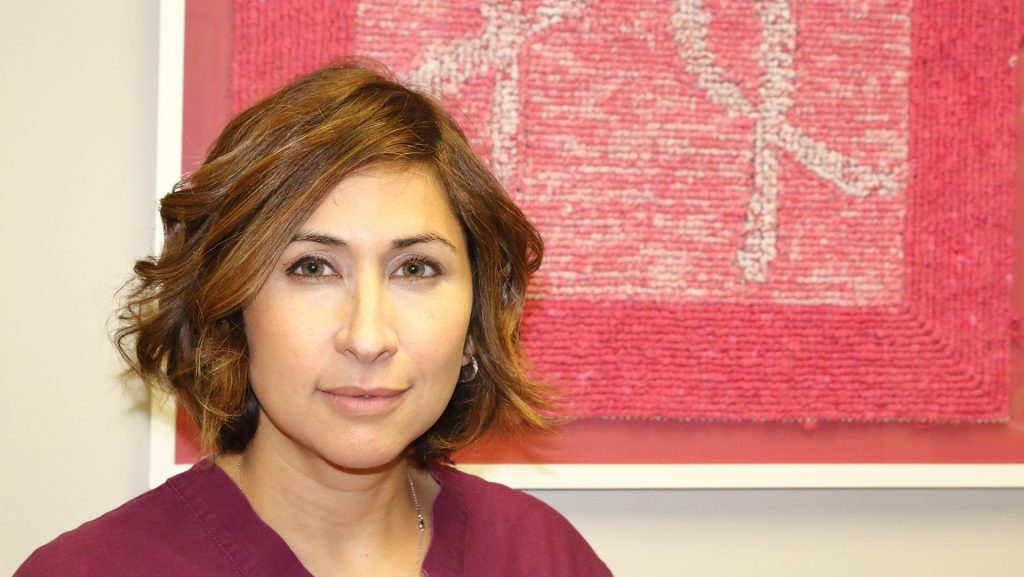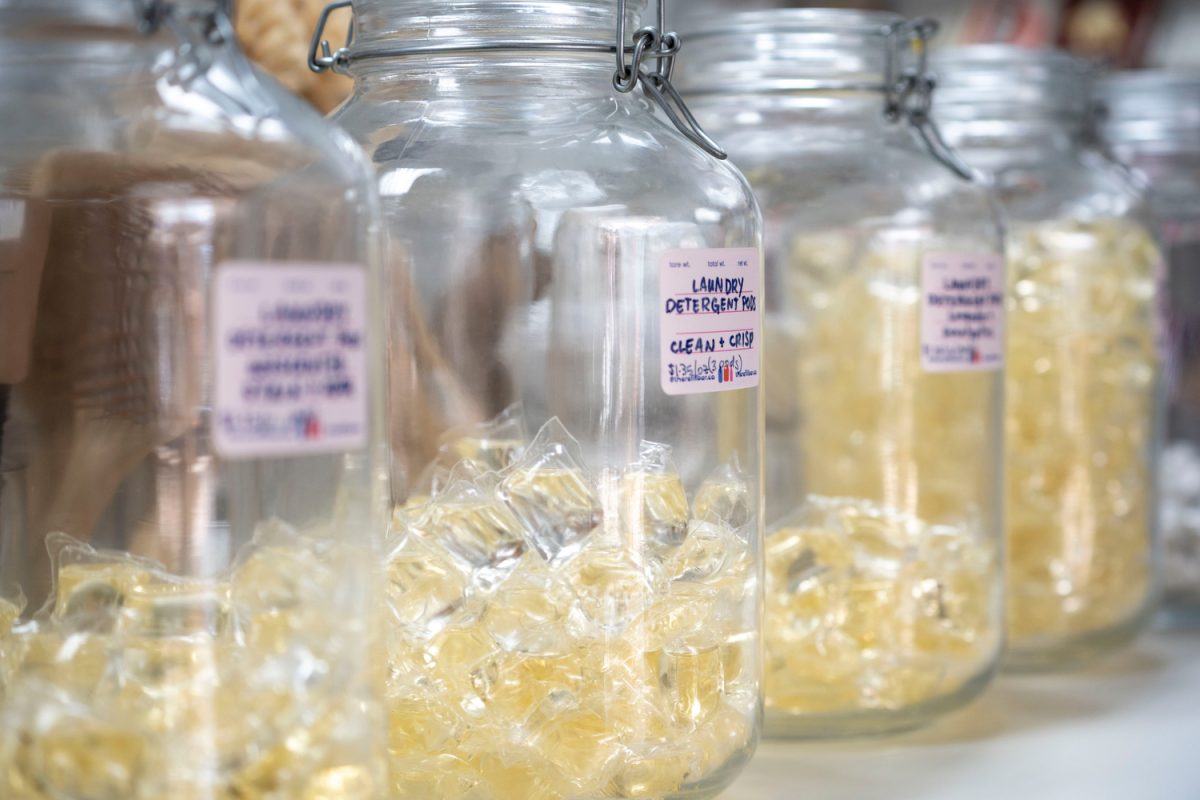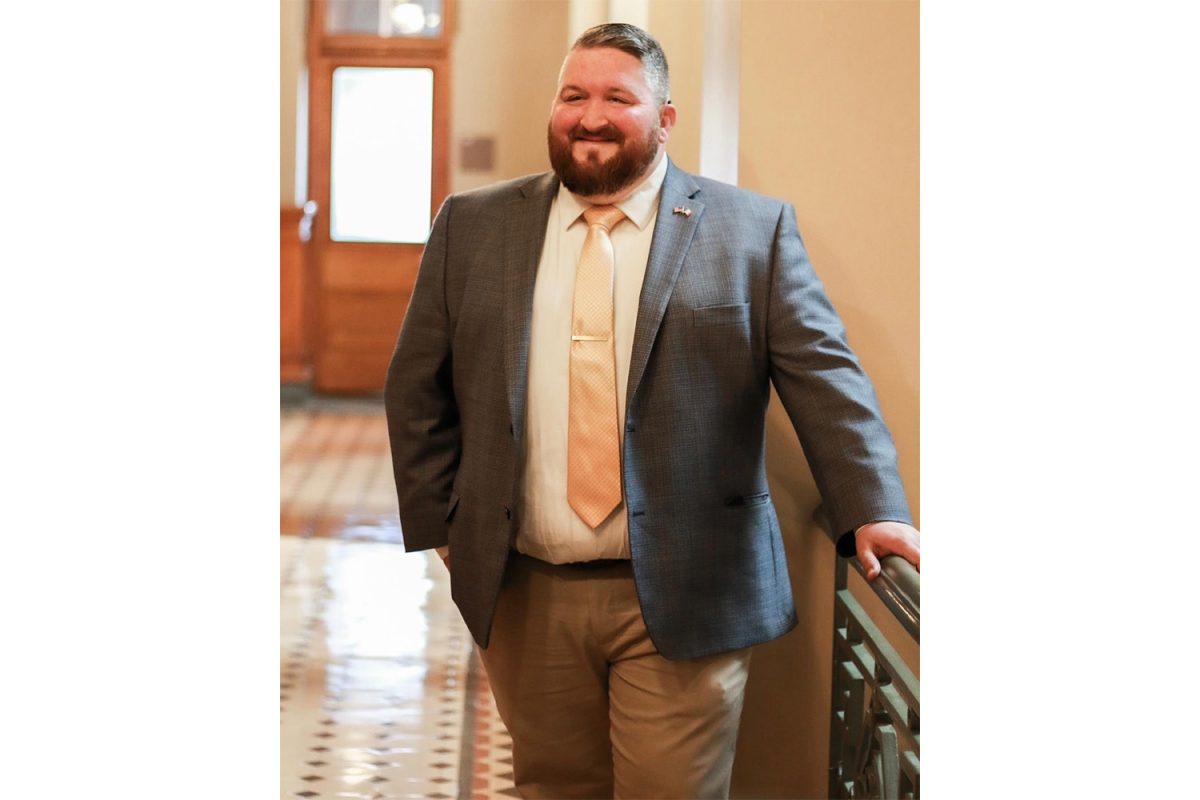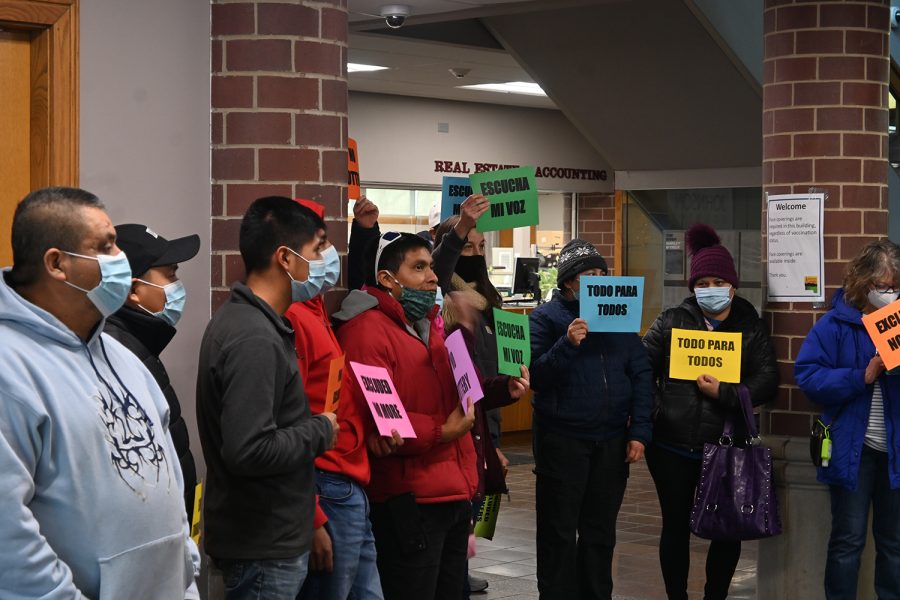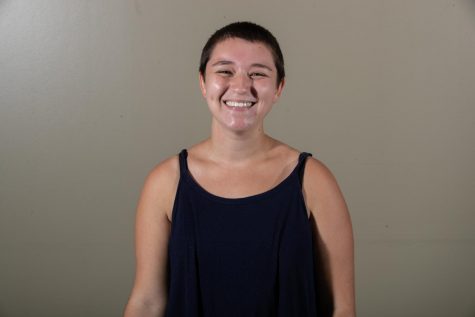Women with a certain type of breast cancer may no longer have to deal with the stress and pain from surgery and radiation.
The University of Iowa is testing a new treatment as part of a new breast-cancer study, called the COMET study. The national study, sponsored by the Alliance Network, tests “watchful waiting,” a new kind of breast cancer treatment for women with a non-invasive form of breast cancer known as ductal carcinoma in situ.
“Watchful waiting” involves carefully monitoring the cancer over time with appointments and mammograms every six months and only attempting surgery or radiation if it becomes invasive.
The form of treatment is a stark opposite to the current solution, which is surgery.
Clinical research nurse coordinator Janan Geick-Miller said researchers want to know i‘ there is a way for this common form of cancer to be treated without invasive treatment.
“The standard of care in the past has been surgery, but now they’re looking at if active surveillance is as good an outcome as people who have immediate surgery,” she said.
Studies similar to COMET have been carried out in smaller populations with positive results, investigator Ingrid Lizarraga said.
They found the rate of progression to invasive cancer in people with low-risk ductal carcinoma to be very low, and most of the women didn’t need any subsequent surgery and did well over time. However, the population sizes in these studies were too small to see how “watchful waiting” affects different groups.
RELATED: UI study questions cancer treatment
Right now, the common practice for treating low-risk patients is surgery and radiation, which is also the treatment for invasive forms of breast cancer. Lizarraga said patients are all treated the same because no one knows which cases are going to turn into invasive cancer and which ones aren’t, and physicians don’t want to take the risk.
This study could help researchers narrow down what makes certain low-risk cases turn invasive.
“With these lower-risk cancers, the likelihood of them turning into invasive cancer is low …” she said. “If we watch them carefully, we can figure out which ones are causing trouble and just treating those, instead of treating everybody to prevent 1 out of 100 women from progressing to invasive cancer.”
Lumpectomies and mastectomies are the two types of surgery used to treat breast cancer; both can cause physical and emotional stress for the woman.
Pain from the incision area, changes in the breast’s shape and texture, and even loss of movement in the arm or chest can occur. With the new treatment, Geick-Miller said, women could avoid those unfortunate side effects.
“The goal is to find out if they can safely avoid surgery and radiation and those side effects,” she said.
The COMET study is still fairly new; it began nationally mid-2017, and the university opened as a trial site in early this year. Researchers want 1,200 patients nationwide, so the study won’t end until that quota is filled.
Lillian Erdahl, one of the study’s investigators at the UI, noted that researchers aren’t looking for a new treatment to start using on everyone immediately but are instead trying to look toward how to make a better future for women with breast cancer.
“What we’re looking at is what’s going to help the next set of women,” she said. “How do we help women five to 10 years from now, when we have the results of the trial?”





